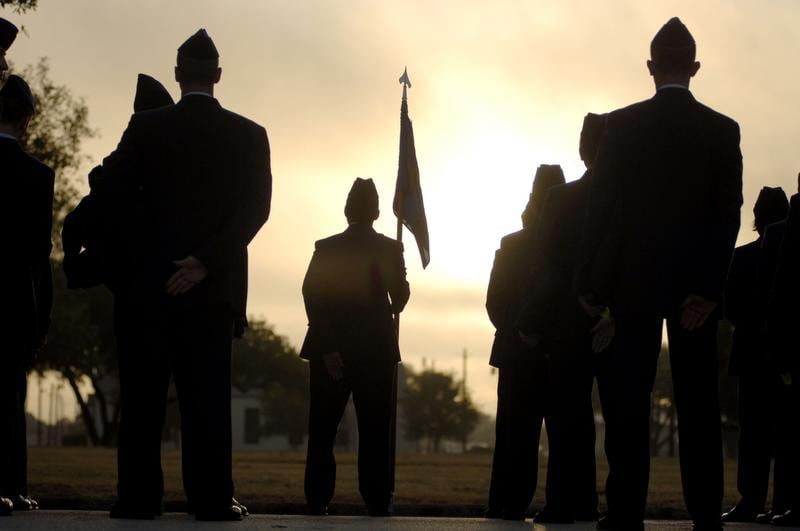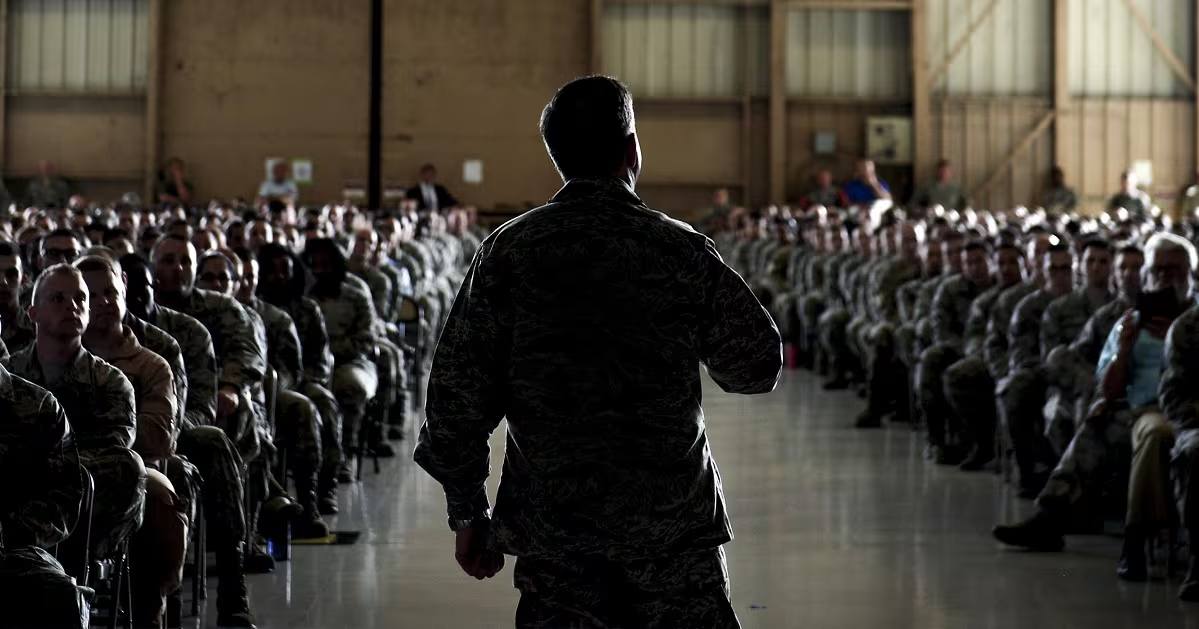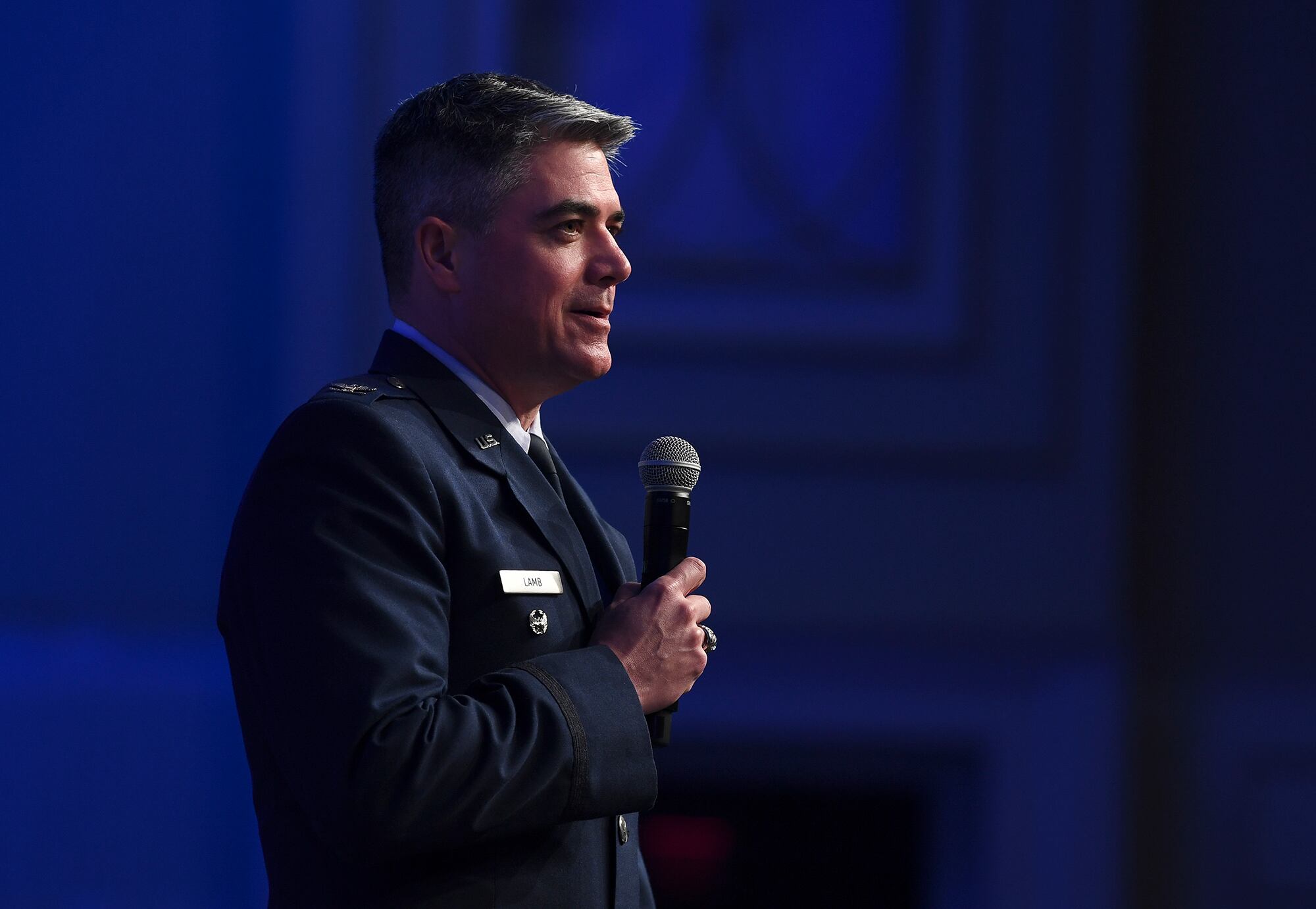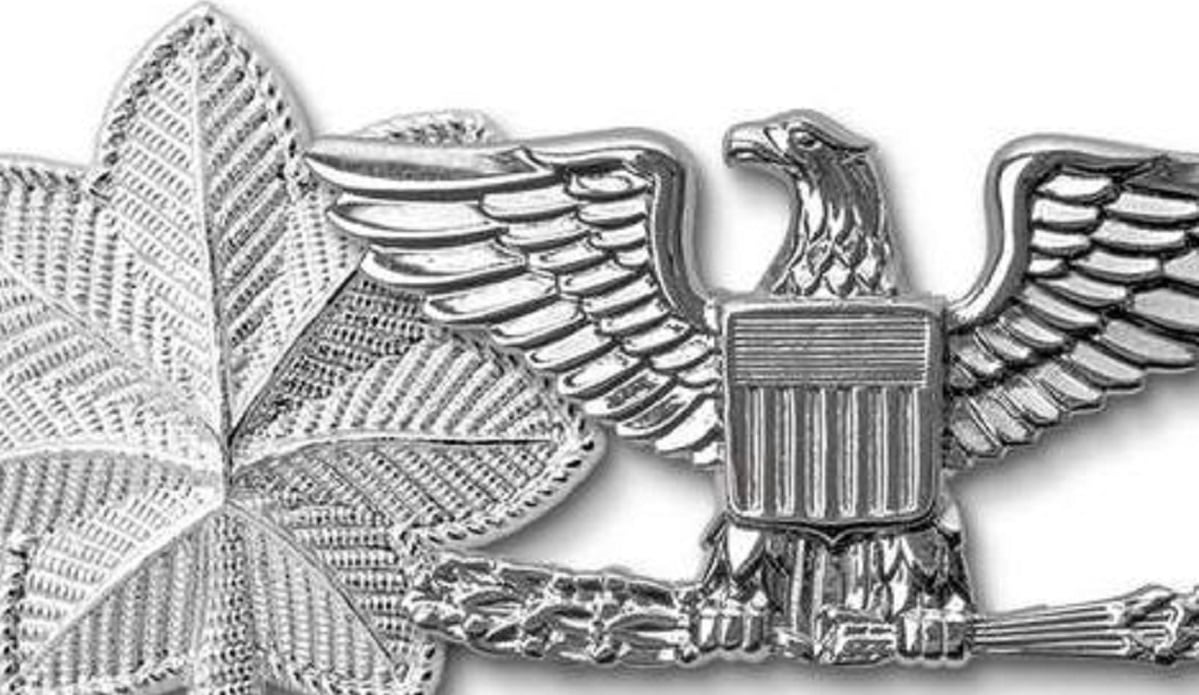In 2019, the Air Force made the decision to eliminate “below-the-primary-zone” promotions. This decision to end early promotions emerged partially as a response to columns by Col. Jason Lamb — originally published under the pseudonym Col. Ned Stark — in which he criticized the “high-potential officer” system that overvalued early career performance and overemphasized training and education indicators.
While I agree with many of Col. Stark’s criticisms, I believe eliminating BPZ promotion will backfire for two reasons:
- It will increase the exodus of top intellectual talent from the Air Force.
- It will incentivize risk-averse behaviors in a time where calculated risk-acceptance is required.
A “perfect” Air Force promotion system will identify and promote from the initial population the best officers to higher ranks, which requires that it accomplish two distinct tasks. First, the system must identify the top candidates from the eligible population. Second, the system must dissuade officers from self-eliminating from the eligible population, i.e., leaving the service before becoming eligible for promotion. Col. Lamb’s criticisms of Air Force promotion practices are all valid, but he implicitly assumes the population of the Air Force officer pool will remain constant regardless of the promotion policies themselves.
RELATED

RELATED

However, young officers frequently decide whether to continue serving in the Air Force based on their projected roles and responsibilities, which are largely driven by rank and recognition. Consequently, eliminating early promotion may increase the rate with which motivated, intelligent Air Force officers voluntarily leave the service, and recent research supports that hypothesis.
A 2014 study found, unsurprisingly, that top performers care more about “competitive compensation” and “bonuses and merit-based rewards” compared to their peers. A different study found that 73% of high-performing companies do not cap bonus pay, whereas 81% of low-performing companies have such a cap. Rewarding excellence is only increasing in importance as Millennials and Generation Z come to dominate the workforce. These generations are more likely to switch jobs if they are not happy with their work, and they both show a desire to be recognized.
My anecdotal experience as a nonrated Air Force officer substantiates this research, given that an overwhelming majority of the brightest officers I have interacted with no longer serve in the active duty Air Force. For example, I was one of seven individuals in my Air Force Academy graduating class who went straight to the Massachusetts Institute of Technology to earn a master’s degree after graduation. All seven of us finished in the top 5% of our graduating class, and my peers all displayed the intellect, drive and desire to improve that is required of effective Air Force leaders. After nine years of service, I am one of only two officers remaining on active duty from that cohort.
RELATED

When talking with my nonrated peers about why they left the Air Force, these officers highlighted not the lack of pay they received, but the lack of responsibility, the inability to use specialized skills and the inability to progress quickly and/or make general officer while in the Air Force. They utter similar refrains to the following:
♦ “Mid-level officers in my unit suppress progress. I try to innovate, but because of my younger age/lower rank, my (widely acknowledged) superior knowledge and capability hardly matter.”
♦ “I essentially ‘promoted’ by leaving the Air Force and working for a contractor. I have more responsibility, more freedom to innovate, and I am paid 50-100% more money to work in the same industry, without having to deploy and leave my family.”
♦ “My career field doesn’t promote officers to general, regardless of performance. I’m not going to stick around doing jobs I don’t enjoy just to potentially make colonel.”
These talented officers feel they are: underutilized; not provided with the tools they need to be successful; unable to progress quickly to a rank/position where they will face challenging work; and unlikely to ever make it to the highest echelons of the Air Force.
RELATED

None of these reasons iis related to monetary compensation. Furthermore, it is a false dichotomy to suggest that “service before self” is incompatible with a desire for increased responsibility and the opportunity for personal growth. Many brilliant officers are merely unwilling to languish in jobs where their knowledge and effort are underappreciated, and where middle management stifles their exertions to drive innovation.
Innovation is crucial to long-term success, and leadership is crucial for accelerating change. To drive that change, an organization must be risk-acceptant and reward risk-takers who alternate between success and failure. Thus, it is tragically ironic that while Air Force leaders verbally emphasize risk-taking and innovation, there are few personnel-related incentives to be risk-acceptant in the first 15 years of one’s Air Force career.
The first two officer promotions are essentially automatic. Promotion to major and lieutenant colonel now only take place within one’s year group, or later,, and the current rates of promotion are about 95% and 76%, respectively. To reach a comfortable retirement, officers simply need to follow the party line, make a modicum of effort, and avoid committing a crime making a crucial gaffe.
“Failing forward” may be good for the organization, but avoiding failure is far more important for the promotion prospects of younger Air Force officers. Thus, if a mid-level, risk-adverse officer — i.e., the “frozen middle” — is presented with an innovative idea in the year before a critical promotion board, you can bet that idea will never see the light of day. Why take a risk when the penalties of failure far exceed the benefits of success?
Maj. Kevin Rossillon is an active duty U.S. Air Force officer who holds a master’s degree in operations research from the Massachusetts Institute of Technology and is currently a Ph.D. candidate in political science from the University of California San Diego. He was a distinguished graduate of the U.S. Air Force Academy, the No. 1 graduate in his Squadron Officer School class and competitively selected for the Chief of Staff of the Air Force Captains Prestigious Ph.D. Program.
Have an opinion?
This article is an Op-Ed and as such, the opinions expressed are those of the authors. If you would like to respond, or have an editorial of your own you would like to submit, please email us.
Want more perspectives like this sent straight to you? Subscribe to get our Commentary & Opinion newsletter once a week.




